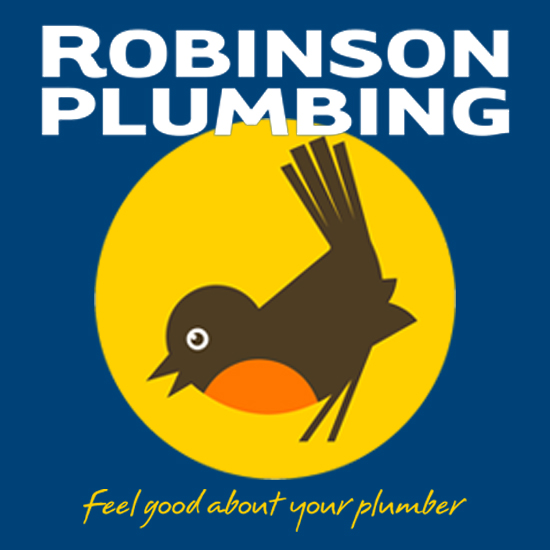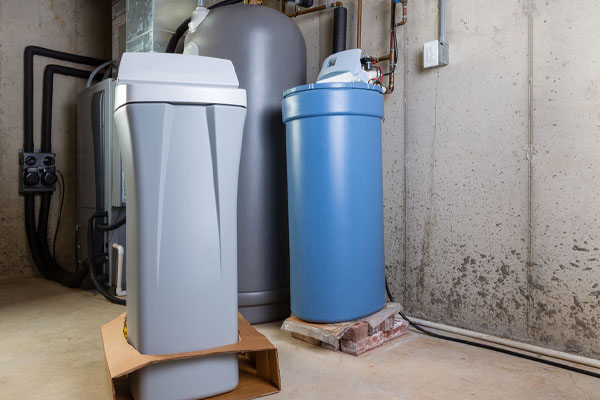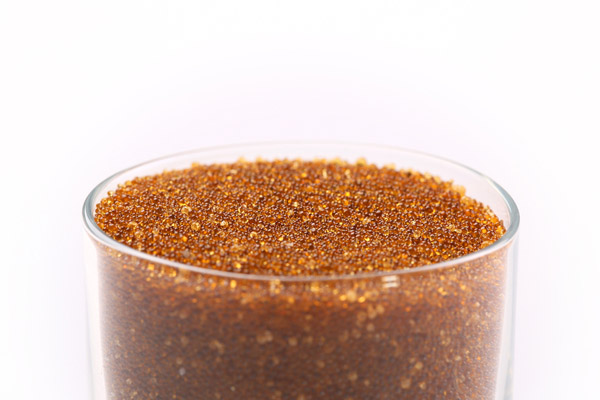Hard water can be an unwelcome guest in your home. Caused by a high concentration of minerals like calcium and magnesium, it can leave unsightly spots on your dishes, fade your laundry, and cause dry skin. Moreover, hard water can also shorten the lifespan of your appliances. But there’s a silver lining – water softeners. They’re the perfect solution to hard water woes. However, the choice can be overwhelming given the variety of water softener types available on the market. So how do you decide which one is the right fit for your needs? Let’s delve deeper into this topic!
Understanding the Different Types of Water Softeners
Contents
Water softeners are essentially devices that help to reduce the mineral content in your water. They function by either replacing these hard minerals with softer elements or altering the behavior of the minerals so they don’t adhere to surfaces. This process not only saves your appliances from potential harm but also enhances the quality of water used for everyday chores. Understanding the different types of water softeners can aid you in making an informed decision that caters to your needs.
Related Article: The Dangers Of Hiring An Unlicensed Plumber
Ion Exchange Water Softeners
Ion Exchange Water Softeners are quite popular and work on a simple mechanism. They’re filled with resin beads charged with sodium ions. When hard water passes through the resin tank, the hard minerals are attracted to the resin beads, leaving the sodium ions to replace them in the water. This system is known for its high efficiency in softening water. Over time, it can lead to significant savings as it reduces the amount of soap required for cleaning and extends the lifespan of your appliances.
However, Ion Exchange Water Softeners have a few limitations. Firstly, they use salt, making the softened water unsuitable for people on low-sodium diets. Secondly, these systems require regular maintenance and salt refills, which could be inconvenient for some homeowners.
Salt-Free Water Softeners
If you’re looking for an environmentally-friendly option, Salt-Free Water Softeners might be your answer. These devices condition the water rather than soften it. They work by changing the structure of the minerals so that they don’t deposit on surfaces. This not only saves your pipes and appliances from potential damage but also prevents the release of salt into the environment.
Despite these advantages, Salt-Free Water Softeners do have some drawbacks. They’re not as effective on very hard water, as they only condition the water rather than completely removing the hard minerals. Moreover, while these systems don’t require regular maintenance, they may need occasional cartridge replacements, which can be expensive.
Related Article: Advancements in Plumbing Technology
Dual-Tank Water Softeners
Dual-Tank Water Softeners are ideal for larger households or areas with high water usage. These systems are equipped with two resin tanks, ensuring that you have a continuous supply of softened water, even when one tank is in the regeneration cycle. This means that you’ll never run out of softened water, which is a significant advantage for larger families.
However, Dual-Tank Water Softeners have a few downsides. They require a larger upfront investment due to their complex dual-tank setup. Moreover, they need ample space for installation, which could be a challenge in smaller homes or apartments.
Magnetic Water Softeners
Magnetic Water Softeners, also known as electronic or electric water softeners, use a magnetic field to change the electromagnetic properties of the minerals in the water. This prevents them from adhering to surfaces, thereby reducing scale buildup. They are easy to install and don’t require any salt or chemicals, making them a hassle-free and eco-friendly option.
However, the effectiveness of Magnetic Water Softeners is a hotly debated topic among experts. While some homeowners swear by them, others argue that they don’t work as efficiently as traditional systems. Additionally, they provide a temporary solution as the altered state of minerals only lasts for around 48 hours.
Comparing Water Softeners
Choosing the right water softener can seem like a daunting task, given the variety of options available. However, understanding your specific needs can guide you to the best choice. When comparing water softeners, there are several factors to consider: your household size, the level of water hardness, your budget, the maintenance required, and the environmental impact of the system.
Related Article: How Does Water Quality Affect My Plumbing?
Ion Exchange Softeners
These softeners excel in performance, providing highly effective water softening. They operate by swapping hard minerals in your water with sodium ions, a process that has proved reliable and efficient over time. As a result, you’ll enjoy long-term savings on soap and extended appliance life. However, the downsides include regular maintenance and the need for continual salt refills. Additionally, the sodium added to your water might not be suitable for people on low-sodium diets. If you’re willing to keep up with the maintenance, and your household isn’t sensitive to sodium, this could be a worthwhile choice.
Salt-Free Softeners
For those who prioritize eco-friendliness, salt-free softeners stand out as a compelling choice. They condition the water rather than softening it, a process that changes the structure of the minerals, preventing them from depositing in your appliances and pipes. This option is particularly beneficial for its environmental impact, as it doesn’t release salt into your sewage system. However, while they require less maintenance, these softeners are not as effective on very hard water since they don’t remove the minerals. If your water isn’t excessively hard and you’re keen on minimizing environmental impact, this might be the best fit.
Related Article: 7 Common Water Softener Issues That Homeowners Experience
Dual-Tank Softeners
Dual-tank softeners provide a solution for larger households or those with high water usage. Equipped with two tanks, these systems ensure a continuous supply of softened water, even when one tank is regenerating. This feature prevents any interruption in the supply of softened water, a crucial advantage for larger households. However, the benefits come with higher costs and space requirements due to the dual-tank setup. If you’re willing to invest more initially and have ample space, this could be an excellent solution for your hard water problems.
Magnetic Softeners
Lastly, magnetic softeners, also known as electronic or electric water softeners, offer a unique approach. These devices create a magnetic field that changes the electromagnetic properties of the minerals, preventing them from sticking to surfaces. These systems are easy to install and require no salt or chemicals, making them an attractive option for those seeking minimal maintenance. However, the effectiveness of these systems is a topic of debate among experts. Also, this solution is temporary, with the mineral properties reverting back within about 48 hours. If you’re looking for a hassle-free, eco-friendly option and aren’t too concerned about a temporary solution, this could be your pick.
Essentially, each water softener type has its unique strengths and weaknesses. The key to making the right choice lies in understanding these characteristics and aligning them with your specific needs and preferences. Remember, the best water softener for you is the one that meets your household’s requirements, fits within your budget, and aligns with your values regarding environmental impact and maintenance.
Related Article: What To Look For When You Need A Water Softener Repair
Conclusion
Choosing the right water softener can greatly improve your water quality and protect your appliances from mineral buildup. By understanding the distinct features, benefits, and limitations of each type of water softener, you’re equipped to make an informed decision tailored to your needs. For further personalized advice or services, don’t hesitate to reach out to us at Robinson Plumbing. Our team of experts is committed to helping you enhance your home’s water quality.
Call Robinson Plumbing For Superior Plumbing Services

Contact Robinson Plumbing, one of the most trusted plumbing companies in the Lehigh Valley, for reliable plumbing services. We offer various plumbing services ranging from drain clogs, water heater replacements, toilet repairs, water leaks, and more. For any plumbing repairs, we always give a wide range of solutions when possible. This allows you to choose the best options for your home and budget.
Find yourself dealing with an unexpected plumbing problem in the middle of the night? No worries! You can count on the expert plumbers at Robinson Plumbing to take care of you. We offer reliable 24-hour emergency plumbing services. You can count on us to get the job done quickly and correctly and, best of all, at an affordable price.
We proudly offer the most affordable and best plumbing services in the Lehigh Valley area. Our plumbers all have the proper licenses and expertise to ensure your satisfaction. All of our work comes with a guarantee. Contact Robinson Plumbing today and schedule your free estimate.
Call us today at (610) 351-9889 or contact us for any questions that you might have! Click the link to view our service area.



